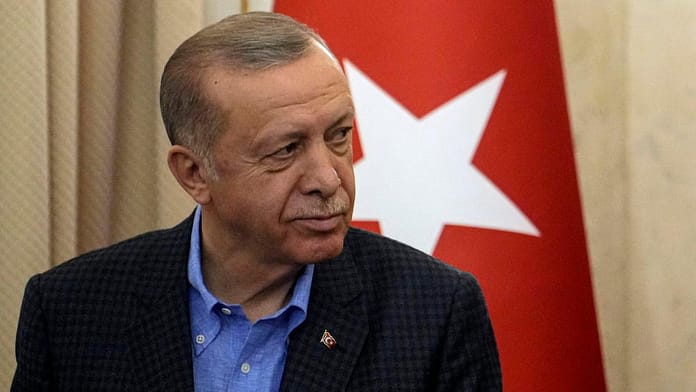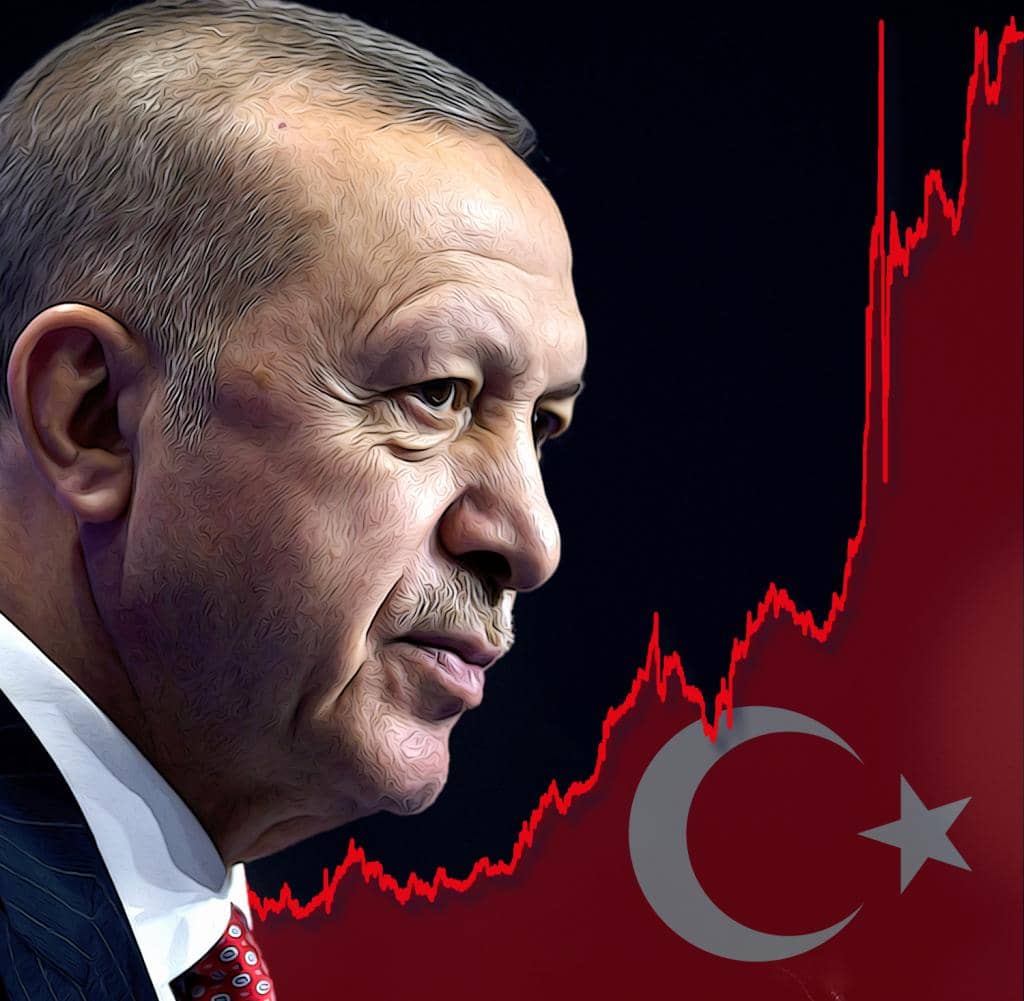The European Union expects early elections in Turkey
Erdogan raised some hopes in the peace talks.
Turkish President Erdogan raises hopes that Ukraine and Russia will return to the negotiating table. However, WELT reporter Stephen Schwarzkopf considered this unlikely: “It is unrealistic that Moscow and Kiev will talk to each other anytime soon.”
There is only one year left until the upcoming parliamentary and presidential elections in Turkey. But EU diplomats doubt that President Erdogan might advance the date. There is a clever strategy behind it.
DrThe European Union expects early presidential elections to be held in Turkey. There are several indications that President Erdogan is likely to push ahead with elections this year, possibly in the fall. She said in circles that the European External Action Service and EU diplomats met that this could happen in the relatively short term. So far, the next presidential and parliamentary elections are scheduled for mid-June 2023.
An important reason given for the early election date was that the faltering Turkish economy could recover in the short term after this summer’s tourist income and this could improve the mood of the population. According to the Turkish Statistical Office, during the April-June period alone, $8.7 billion was obtained, an increase of 190 percent compared to the same period last year.
On the other hand, higher energy prices due to unfavorable exchange rate will have a negative impact on consumers and thus on voters, especially in the winter months. According to diplomatic circles, the international activities of President Recep Tayyip Erdogan as a mediator between the West and Russia, his threats to invade northern Syria, and the renewal of the deployment of a gas exploration ship in the eastern Mediterranean, should also be a sign of Erdogan’s desire to show strength. To improve his situation before the presidential elections.
Despite the high income from tourism and increased investments from Russia, the Turkish economy will cool down significantly this year, with growth expected at just over 2%. Many Turks hold Erdogan responsible for their persistently difficult economic situation. Confidence in the president has declined significantly recently.
According to recent opinion polls, his AKP has 27.7% (down 14.9% since the 2018 elections), while the main opposition party, the Republican People’s Party, has 28.1%. Erdogan’s personal poll numbers as a presidential candidate are poor as well, clearly behind the three potential CHP candidates.
The candidacy of the mayor of Ankara, Mamur Yavas (CHP), appears to be particularly promising. He is currently considered the most popular politician in the country. Erdogan has already been elected president twice, and only confirmed his candidacy again this summer. It is questionable to what extent the elections will be independent, given that the AKP largely controls the press and the judiciary.



